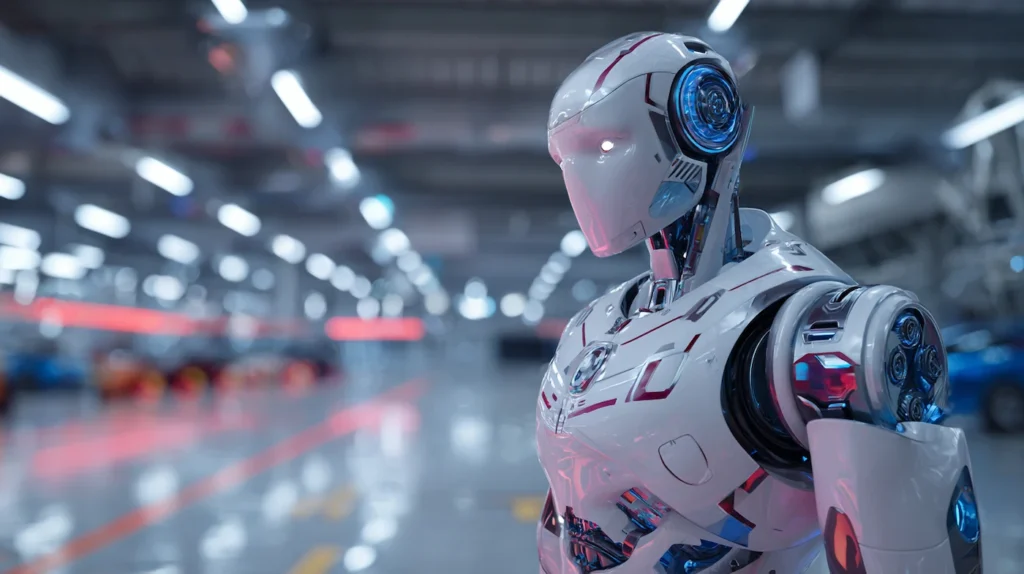Morgan Stanley says the next wave of artificial intelligence (AI) may do more than boost productivity.
In a new CNBC interview, Stephen Byrd, the bank’s global head of thematic research, says the economics of robotics are shifting fast, hitting a stage that embodied AI or robots could now erase China’s long-standing cost advantage in manufacturing.
“At about a 20% penetration level of robots in US factories, the landed cost of products produced in the United States would be the same as a product manufactured in China and brought to the US. So that is absolutely huge. And that can change the mix of our economy in the United States.”
The numbers highlight how quickly automation could flip global supply chains. Morgan Stanley analysts have already modeled humanoid labor at rock-bottom prices.
“We estimate one humanoid robot at $5/hour can do the work of 2 humans at $25/hour, generating a net present value … of approximately $200,000/humanoid.”
Silicon Valley voices are sounding alarms as well. Marc Andreessen warned earlier this year that the US must dominate robotics or risk ceding the future to its Asian rival.
“It’s just going to be gigantic… There’s going to be billions, tens of billions, hundreds of billions of robots.”
He emphasizes that if the US doesn’t take the lead, “it risks living in a world of Chinese robots everywhere.”
Together, the analysis and warnings underscore how AI could trigger a reshoring wave in American manufacturing. For decades, lower wages have pulled supply chains to Asia. But as robots push US factory labor costs toward $5 an hour, the rationale for offshoring begins to erode.
Disclaimer: Opinions expressed at CapitalAI Daily are not investment advice. Investors should do their own due diligence before making any decisions involving securities, cryptocurrencies, or digital assets. Your transfers and trades are at your own risk, and any losses you may incur are your responsibility. CapitalAI Daily does not recommend the buying or selling of any assets, nor is CapitalAI Daily an investment advisor. See our Editorial Standards and Terms of Use.


